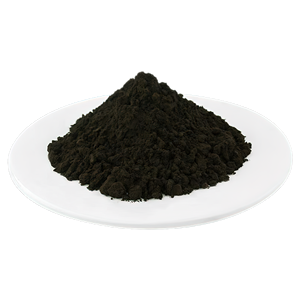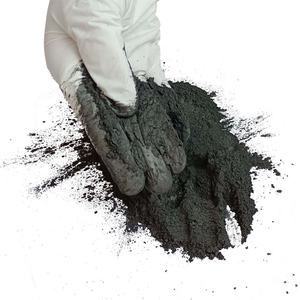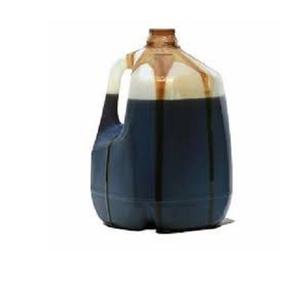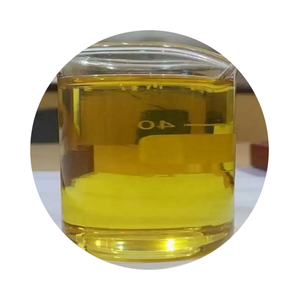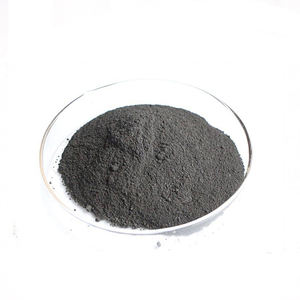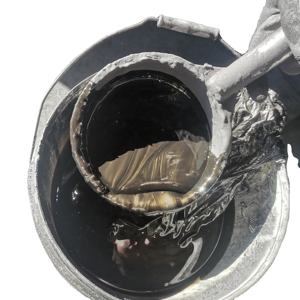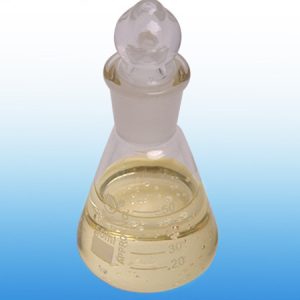One-stop lubrication solution | Discover the way to smoothness | Infomak
Artificial Equipment Oil: Your 200-Litre Industrial Superhero .
(Industrial Gear Oil Synthetic Gear Oil Lubricant 200l)
Equipments grind. Devices roar. Industries depend upon relentless movement. Protecting that motion requires a champion. Enter synthetic equipment oil. Particularly, the magnificent 200-litre drum of industrial-grade synthetic lubricant. It’s not simply oil. It’s the lifeblood for sturdy gearboxes battling severe pressure, warmth, and put on. Let’s discover why this mass artificial remedy is the unsung hero maintaining manufacturing facilities running and prices down.
1. Exactly What is Commercial Synthetic Equipment Oil? .
Industrial synthetic gear oil is a high-performance lube designed for equipments. Unlike conventional oils improved from crude, synthetics are engineered molecule by particle in labs. This process provides premium, predictable residential or commercial properties. Think of it as bespoke tailoring versus off-the-rack. The “Industrial” component implies it’s developed difficult for requiring applications like mining crushers, steel mill drives, or massive wind generators. The “200L” describes the basic big drum size, ideal for industrial users needing substantial volumes to keep operations smooth. Secret active ingredients include sophisticated base oils and effective additive packages. These additives fight wear, stand up to oxidation, avoid corrosion, and stop foam. The outcome is a liquid crafted to shield costly equipment systems under punishing problems for longer durations.
2. Why Select Artificial Over Traditional Equipment Oil? .
The benefits are clear and impactful. Artificial equipment oil merely exceeds standard mineral oil in almost every means important for industrial setups. Initially, it deals with severe temperatures far better. It remains liquid in freezing cold beginnings, making sure prompt lubrication. It stands up to weakening and breaking down under extreme heat, protecting equipments even when things get scorching. Second, it dramatically minimizes wear. Its exceptional movie stamina and anti-wear ingredients create a tougher guard between steel teeth under high pressure. This suggests less metal tiredness, fewer malfunctions, and longer transmission life. Third, it lasts substantially longer. Synthetics resist oxidation and sludge formation better. This prolongs drain intervals. Less frequent oil modifications mean reduced upkeep costs and much less downtime. 4th, it boosts effectiveness. Synthetics often have lower rubbing. This translates to slightly much less power needed to turn the equipments, saving power over time. Fifth, the 200L product packaging offers performance. Mass drums minimize product packaging waste and simplify storage and handling for huge procedures.
3. How Does Synthetic Gear Oil Protect Your Equipments? .
It works through numerous, crucial devices. Primarily, it develops a protective movie. This hydrodynamic movie literally divides the meshing gear teeth, protecting against straight metal-to-metal contact. Under extreme pressure, unique ingredients turn on. They create a sacrificial chemical layer on the metal surface areas. This layer, called an Extreme Stress (EP) movie, protects against welding and racking up under hefty loads. The oil likewise combats rubbing. Its particles slide easily previous each other, lowering the drag in between gear teeth. This minimizes warmth generation and energy loss. Moreover, it carries away warmth. As it flows, the oil soaks up warmth from the gears and bearings, transporting it to the storage tank or colder. This prevents hazardous getting too hot. It likewise maintains points tidy. Cleaning agent and dispersant ingredients put on hold contaminants and sludge bits. This protects against hazardous down payments from forming on important elements. The oil additionally displaces water. This prevents rust and deterioration inside the gearbox, specifically essential in damp atmospheres or where washdowns take place. Finally, it minimizes foam. Anti-foam additives guarantee the oil flows smoothly and does not trap air, which can result in inadequate lubrication and overheating.
4. Trick Applications for Industrial Synthetic Gear Lubricating Substance (200L) .
This giant lubricant discovers its home wherever large equipments face big challenges. Heavy markets depend on it heavily. Assume mining: enormous crushers, conveyors, and draglines based on dust, shock tons, and consistent vibration. Steel production: substantial moving mills and constant wheels withstanding severe warmth and hefty pressures. Power generation: vital gearboxes in coal plants, hydro turbines, and particularly wind turbines high up on towers encountering temperature swings and long maintenance periods. Marine applications utilize it as well. Large ship propulsion gears and deck equipment run in extreme, salted problems. Cement plants are one more major individual. Kiln drives and grinding mills handle huge torque, dirt, and heat. Offshore oil systems depend on it for drilling gear gears and crane operations revealed to the components. Any big enclosed equipment drive system operating under severe conditions benefits. This includes large mixers, extruders, paper mill drives, and plastic handling machinery. The 200L drum dimension makes ideal sense right here. These applications take in large volumes of oil. Bulk drums streamline filling up central lubrication systems or huge equipment reservoirs. They minimize the headache and waste associated with countless smaller sized containers.
5. Synthetic Equipment Oil Frequently Asked Questions: Your Top Inquiries Responded To .
Q: Is synthetic equipment oil really worth the greater cost? .
A: Absolutely. The initial price is greater. The long-term cost savings are considerable. Expanded oil drain periods suggest fewer changes and much less labor. Reduced wear causes much less costly gearbox repair work or substitutes. Much better performance saves power. Less downtime boosts performance. It spends for itself.
Q: Can I mix artificial equipment oil with traditional oil? .
A: It’s typically not suggested. Blending can weaken the superior efficiency of the synthetic oil. It may likewise create unanticipated additive interactions. If you have to top off, use the very same synthetic type ideally. For a full modification, drain the old oil extensively first.
Q: How often should I alter synthetic equipment oil in commercial transmissions? .
A: There’s no solitary answer. It depends upon the operating problems, gearbox kind, and supplier guidelines. Artificial oil lasts much longer than conventional. Typical intervals range from twelve month to several years. Always base changes on oil analysis. This checks the oil’s problem and discovers any troubles.
Q: Does the 200L drum dimension present storage issues? .
A: Correct storage space is necessary but manageable. Shop drums inside your home when possible. Maintain them in a trendy, dry area far from direct sunlight and heat sources. Shop them horizontally on strong shelfs created for drums. Make sure the bungs are limited. Usage drum pumps or faucets for safe, tidy dispensing. Comply with standard safety procedures for dealing with large containers.
Q: What thickness should I choose? .
(Industrial Gear Oil Synthetic Gear Oil Lubricant 200l)
A: Thickness is crucial. Always adhere to the transmission manufacturer’s referral. Utilizing the wrong thickness can cause severe damage. Common industrial equipment oil viscosities are ISO VG 150, 220, 320, and 460. The “VG” stands for Thickness Grade. Higher numbers mean thicker oil. Aspects like running temperature and lots affect the very best option. Consult your OEM manual or a lubrication expert.
